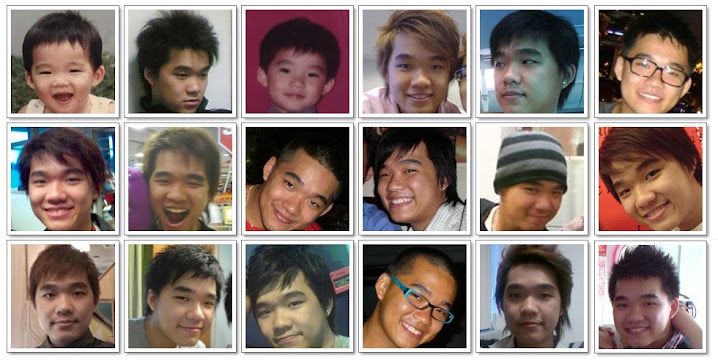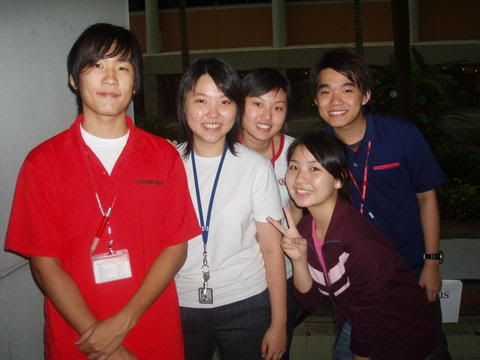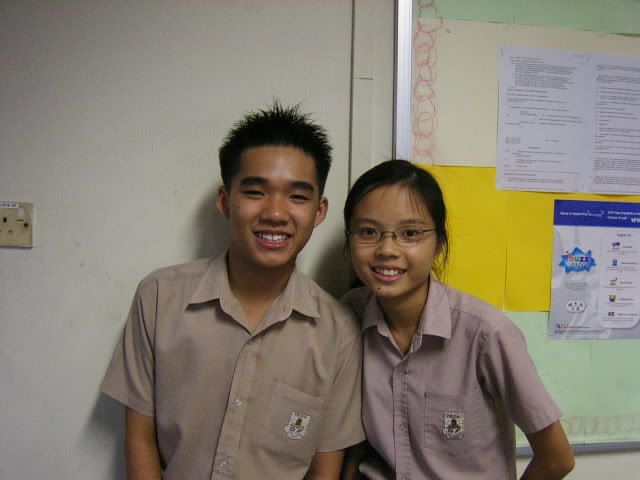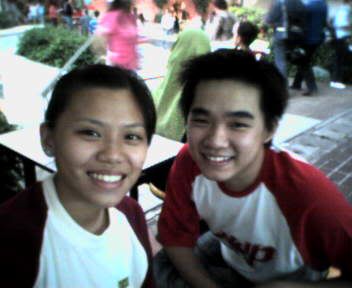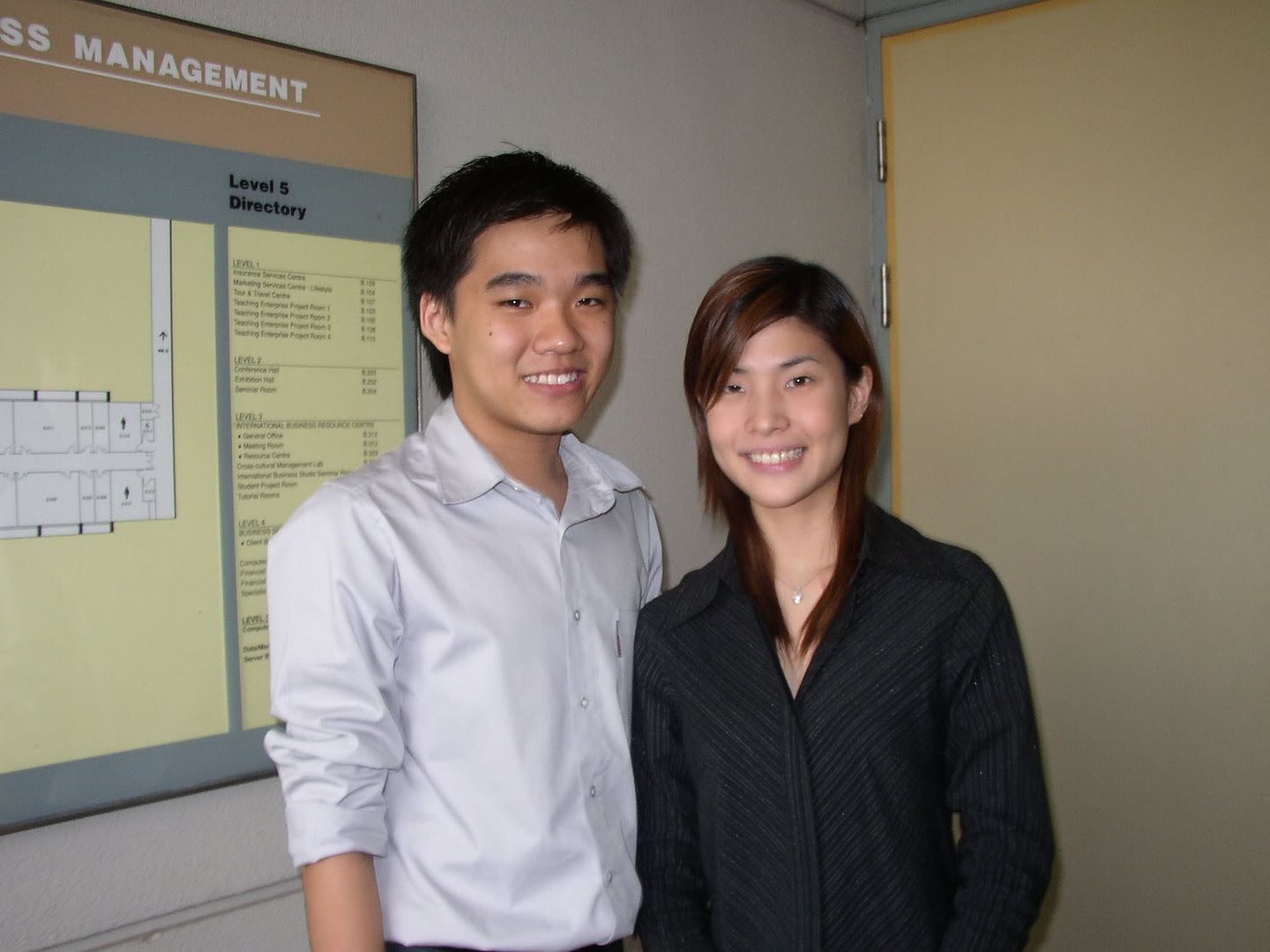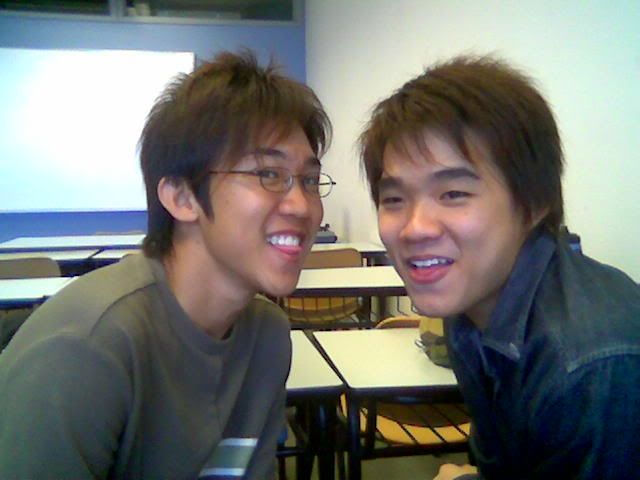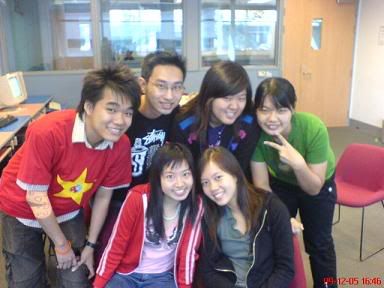
Nov 14, 2006
The Straits Times
THE Goods and Services Tax (GST) will go up from 5 to 7 per cent to pay for more government spending to help the lower income. *are they really helped? govt suppose to take care citizens but now we have to pay for our benefit we are righted to have as a citizen. why are there still so many sad stories of people cant getting help and some have to resort to jump mrt tracks? *
Mapping out his government's plan for the next five years and beyond, Prime Minister Lee Hsien Loong yesterday pledged to 'tilt the balance' of public spending in favour of lower-income Singaporeans, who are not benefiting as much as other groups from economic growth.
New social measures include more help in education, housing and health care and more regular Workfare bonuses - a shift from a once-off measure - for the lower-income workers.
To foot the bigger bills, Mr Lee announced two new measures to raise government revenue.
The first is the GST hike, the details and implementation date of which will be revealed in the Budget, on Feb 15 next year.
The second is a plan to spend more of the returns from investing the nation's reserves. Right now, the Government can only spend half of such returns, or 'net investment income', defined to include dividends and interest. The definition will be broadened to include realised capital gains. The move is significant, requiring an amendment to the Constitution and 'working out' details with the Elected President.
In his first speech to the new Parliament and rounding up the debate on the President's Address, Mr Lee sketched out how globalisation had changed the environment for workers and widened the gap between incomes at the top and bottom.
'It's essential for us to tilt the balance in favour of lower income Singaporeans because globalisation is going to strain our social compact. That's why we are doing all this,' he said.
'But I would like to caution members that we should proceed with care...it is a real slippery slope. And many, many social welfare schemes which have ended up in serious trouble have started off with good intentions.''
Mr Lee made a firm pledge that the Government would put in place a comprehensive package to fully offset the impact of the GST hike. It would be weighted in favour of the middle- and lower-income and the elderly needy.
'It's not just a GST increase, it's a package which will fully offset the impact of the GST for these groups and begin to strengthen the social safety nets and tilt the balance in favour of the lower income Singaporeans,' he said.
As for the timing, Mr Lee said: 'I think it's better to do this now when the economy is doing well. Then we can manage the adjustments, we have the flexibility to adjust our programmes depending on how things turn out.'
........ (some parts deleted)
The GST was first introduced in 1994, at 3 per cent, and raised to 5 per cent in 2004. Yesterday, Mr Lee said that even at 7 per cent, it is still lower than that in nearly all countries with GST or value-added tax.
Singaporeans enjoyed a 'high quality but cheap government' *not cheap to live in singapore leh. otherwise how people will say can die but cannot get sick in singapore? hhahas*, Mr Lee said. Public spending stands at 14 to 15 per cent of the country's total output, or GDP - among the lowest in the world.
He also made clear that Singapore would not go down the route of Scandinavian countries, with generous welfare funded through high taxes that sap the incentive to work. Singapore would instead stick to its current social model based on wealth creation, self reliance, and individual savings and spending within one's means.
Moving ahead, the Government will work to strengthen the social safety nets to benefit all income groups. How? By building on key pillars of the system - Central Provident Fund (CPF) savings, health care and housing.
The CPF will be enhanced, to help workers earn better long-term returns. There will also be improvements to the 3M schemes through which Singapore pay for health care: Medicare, MediShield and Medifund. Health Minister Khaw Boon Wan will speak on this issue in Parliament today.
And the Government will find ways to help Singaporeans unlock the value of their homes.
Lower-income families will receive extra help. Mr Lee promised 'more Workfare schemes in future', through which low-wage workers get income top-ups.
Such families will also get more support for their children's education and additional housing grants of up to $20,000, with the sum going up over time.
Despite the challenges ahead, Mr Lee urged Singaporeans to also remember to celebrate all that was right about their country. 'Our prospects have never been brighter, our overall environment is positive, our economy is vibrant, our people are well-educated and equipped to excel in a globalised world,' he said.
some responses on straits times interactive:
what to say leh? this morn when i saw the papers i am so shocked. Our government is always saying that our GST is still lower than that in nearly all countries with GST or value-added tax. Which are the countries that the governement is comparing with? Be it the increase in the transportation fee, they will always use this phrase.
They are always using the lower income families as an excuse to increase taxes,etc. What have they really contributed to the lower income families? What have they done for our retirement and medical services? Everything that they said that they will help and provide asssistance are not felt and seen by the public. If the government is seriously helping the lower income families, I believe that I will not see or hear stories about poor people pondering over money matters.
Meaning cost of living are going up again.., why they never intend to increase back our CPF Rate since the economy is going well? So unfair, the government are just increasing our burden to the people.
Spore is a country and not a company therefore dont manage the country like a company.
Why do they have to struggle after the national service, then working up to the age of 40s and they are forced to retire. Whereby our ministers and president can still sit on the high chairs and getting fat salaries and refuse to vacate their seats and also refuse to have a perks cut and pay cut.
I don't see how lowering income tax and increasing GST will help the lower income group. Most of them would be in lower tax bracket and those who earn barely $1000 a month are unlikely to pay income tax and contribute CPF. Increasing GST will impact this income group the most. So, where is the logic?
I hv seen my income change dramatically over the last 10 yrs. Once, I paid income tax for a couple of thousand dollars annually. Now, I don't paid income tax anymore because of globalisation has affected me very badly & now I spend most of my time staying unemployed or under-employed. I do hope that I can get a job & remain employ for a longer period. I do believe that I am not alone in Singapore.
